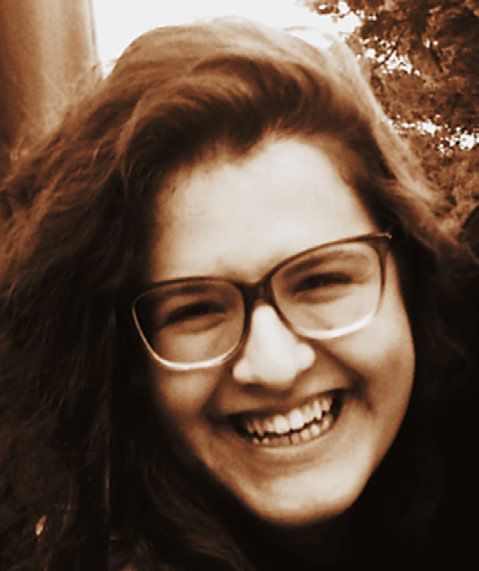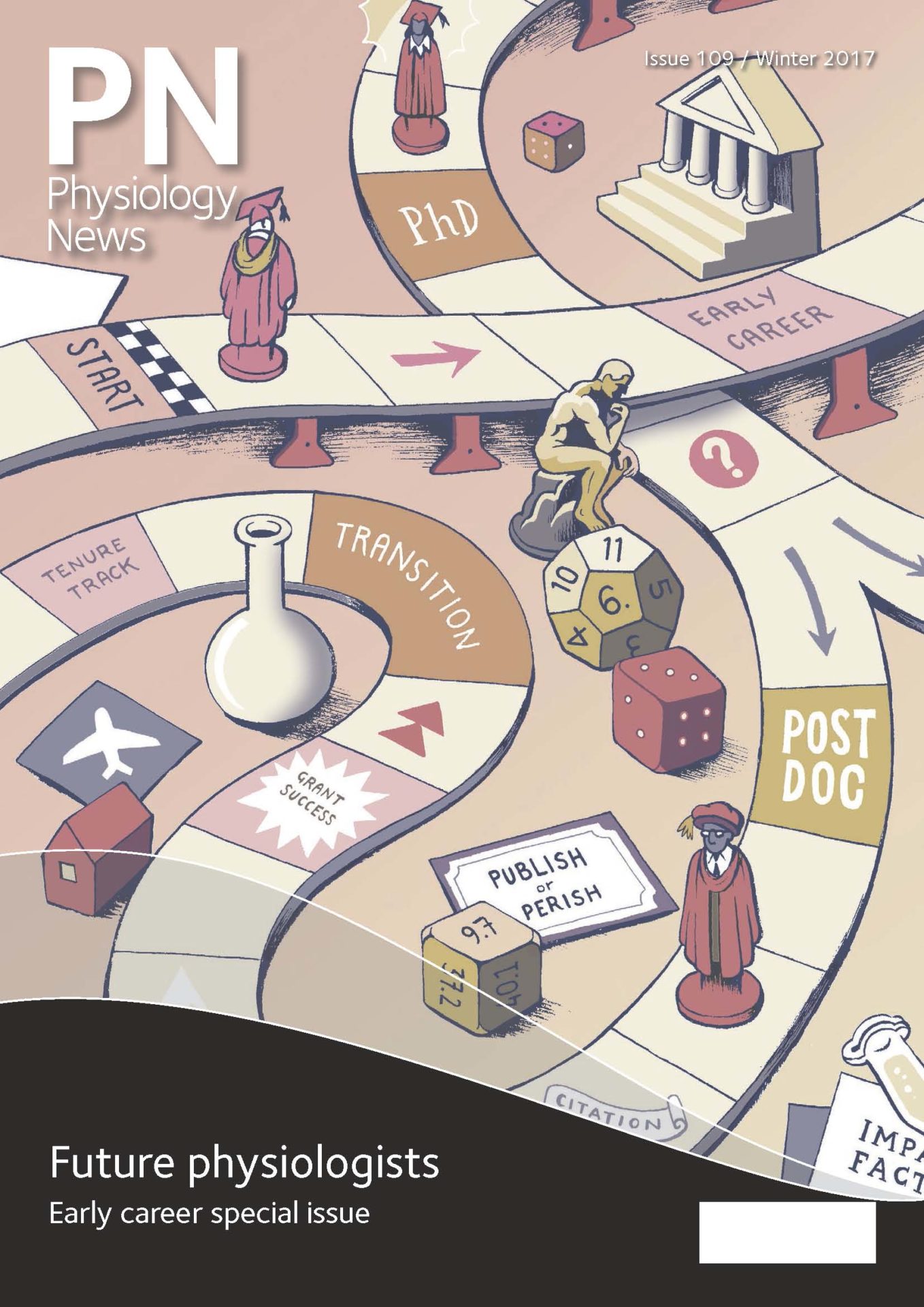
Physiology News Magazine
Research in action: Vacation Studentship Scheme case study
News and Views
Research in action: Vacation Studentship Scheme case study
News and Views
Renata de Sousa Brites
Great Ormond Street Institute of Child Health, London, UK
https://doi.org/10.36866/pn.109.10

The studentship allowed me to appreciate the potential of the scientific process and supported my career aspirations in an unexpected way. It made me more and more curious about new ways of bringing scientific rigor and methodology into the public sphere, for example in the form of informed policy-making, democratisation of science and technology, capacity building for development or cultural and public engagement. I would definitely recommend the studentship to all students who wish to improve their practical lab skills but mostly experience the many stages and challenges of carrying out an independent and more ambitious piece of research. Not only does it gives you the opportunity to start mastering many different transferable lab techniques and see science happening – which is super exciting! It is also an important exercise in agility, rigor, scientific integrity and critical understanding of the experiment itself. It equips you with the capacity to logistically organise and optimise a piece of research, multitask more accurately between distinct procedures, understand the purpose and effect of each technique and ultimately conduct your practical work more intuitively.
Being surrounded by research in action is also a refreshing reminder of how important it is to deliver and work towards science that prioritises validity and purpose, whilst reconciling with its unpredictability and the biases we inevitably carry with us. Furthermore, it is also incredibly rewarding to learn from experienced researchers and discover how much collaboration is necessary to sustain a successful lab and, ultimately, a scientific community. It is definitely a constructive experience, as you become exposed to the different layers of research, expand your scientific curiosity and start to understand how to carefully develop a hypothesis-driven project.
I am truly grateful to my supervisor for the continuous guidance and to The Physiological Society for this opportunity.
